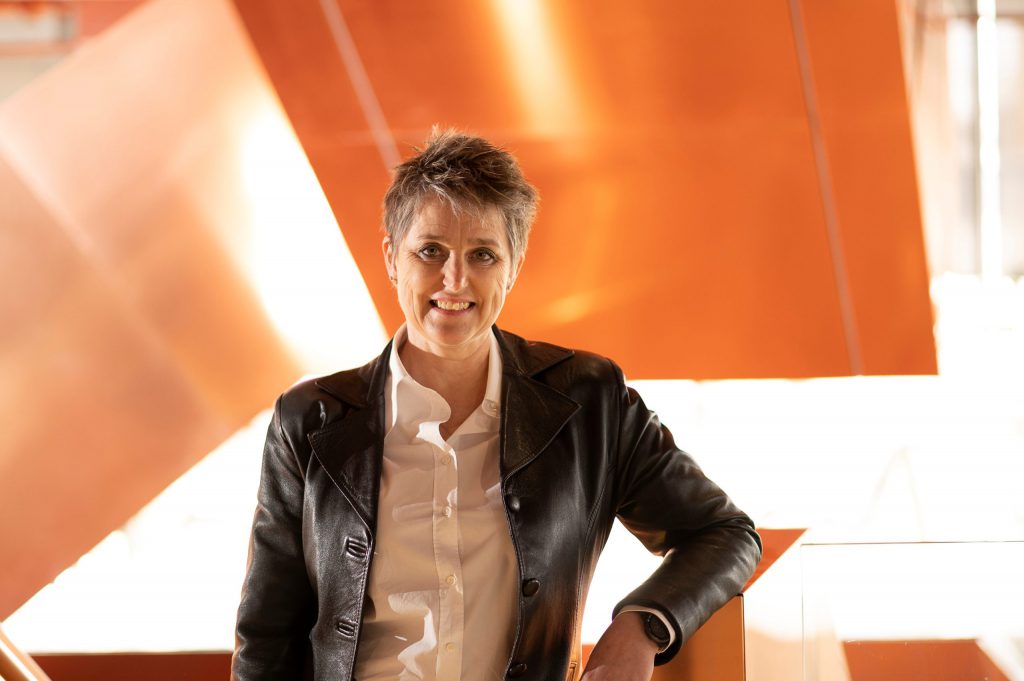Mining needs to address critical digital skills shortage right now — BHP exec

Mining is facing a major shortage of the digital skills it needs, and must step up or lose out to the “cool kids” of Google and Amazon, a BHP Group executive said on Thursday.
Miners are increasingly reliant on computing heft to manage tasks such as automated truck fleets, and using artificial intelligence to delve into reams of data and discover the next big deposit, said Chief Technology Officer Laura Tyler.
“We need more technologists, more data scientists and more mathematicians,” she told a Melbourne Mining Club lunch, according to a prepared speech.
“We compete for such talent not just with each other, but with the cool kids such as Google and Amazon … the defence and pharmaceuticals industries, government and NGOs,” she told the business luncheon. “Increasingly, we need more digital skills in every aspect of what we do.”
A PwC analysis last year suggested that by 2040, the industry will need 21% more mining engineers and geotech engineers, and 29% more metallurgists than it had in 2020, she said.
“We need to train them now … and we need to make sure they see the mining industry as stable, attractive, and dare I say it, exciting,” she said.
Australia’s mining giants BHP, Rio Tinto Ltd and Fortescue have redoubled efforts to attract new workers to an industry confronting a dire skills shortage, and concerns over job security, sexual harassment and social licence.
So far, however, efforts are bearing fruit, Tyler said.
BHP’s First Year Intern program was oversubscribed seven times and resulted in 60 graduates deciding to switch to resources-facing subjects for their next year of university, she said.
A program at Adelaide University is developing a pipeline of exploration geologists, specializing in finding ore deposits deep beneath the surface.
BHP has also established a reentry program to welcome back those who left the industry, while Rio Tinto’s efforts to advance jobs in automation and industry efforts to train metallurgists are all bearing fruit – but are still not enough, she said.
(By Melanie Burton; Editing by Gerry Doyle)
{{ commodity.name }}
{{ post.title }}
{{ post.date }}




Comments